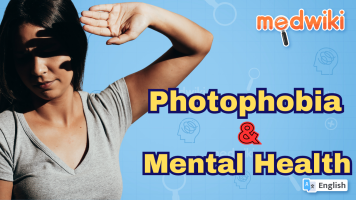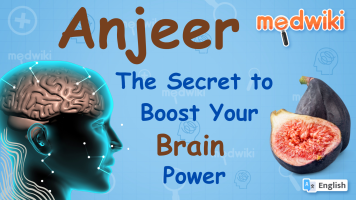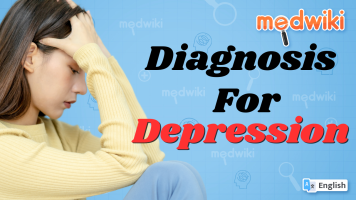Relieve Anxiety in Just 30 Minutes
What are some effective ways to relieve anxiety in just 30 minutes?
Some steps are:-
Introduction:
- Acknowledges the impact of anxiety on mental health.
- Promises guidance on relieving anxiety in 30 minutes.
Deep Breathing Techniques:
- Inhale through the nose for 5 seconds, hold for 2 seconds, and exhale for 8 seconds.
- Introduces the 4-7-8 breathing technique for further relaxation.
Nature Therapy:
- Advocates taking a stroll in the park to disconnect and reduce anxiety.
- Mentions proven benefits of connecting with nature for mood improvement.
Affirmations and Positive Thoughts:
- Encourages self-motivation through affirmations.
- Urges individuals to believe in their capability to manage anxiety.
Calming Beverages:
- Suggests sipping chamomile tea for its calming properties.
- Offers alternatives like warm milk or lemon balm tea to relax the mind.
Conclusion:
- Emphasizes the simplicity and effectiveness of the techniques.
- Encourages daily practice for a peaceful and anxiety-free life.
Disclaimer:- This information is intended to supplement, not substitute, advice from your healthcare provider or doctor. It does not cover all possible uses, precautions, interactions, or side effects, and may not be appropriate for your specific healthcare needs. Always consult with your doctor or another qualified healthcare provider before modifying or discontinuing any prescribed portion of your healthcare plan or treatment, in order to determine the best course of therapy for you. Do not ignore or delay professional medical advice based on anything you have seen or read on Medwiki.
Find us at:
- https://www.instagram.com/medwiki_/?h...
- https://twitter.com/medwiki_inc
- https://www.facebook.com/medwiki.co.in/
This information is not a substitute for medical advice. Consult your healthcare provider before making any changes to your treatment. Do not ignore or delay professional medical advice based on anything you have seen or read on Medwiki.
Find us at:



















.svg)